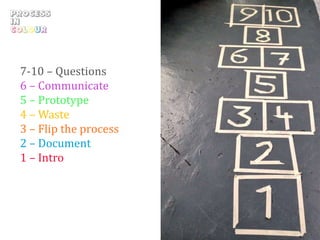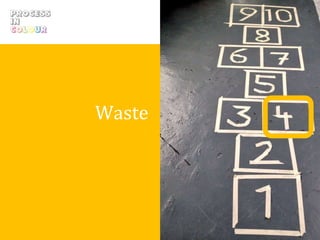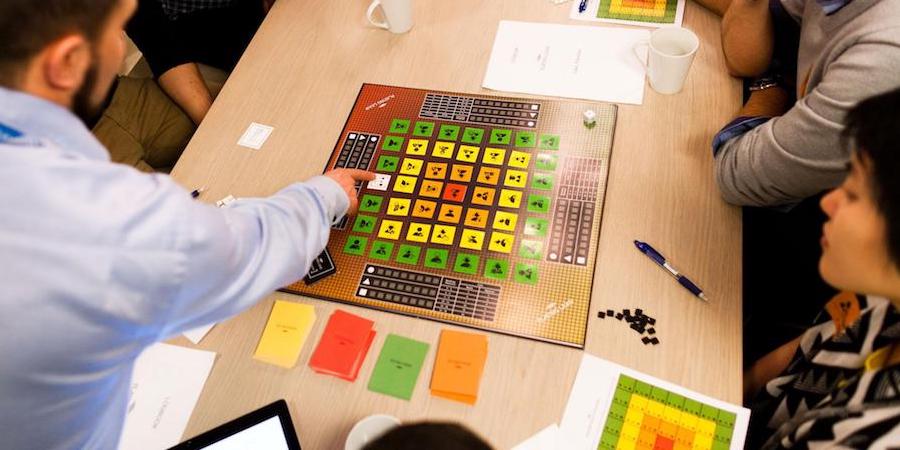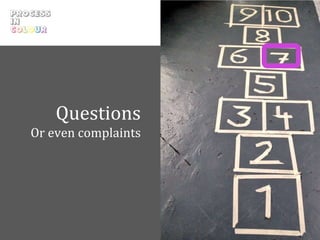7 Benefits of Using Lean Games for Process Improvement
Implementing lean games in your organization delivers tangible benefits that traditional training methods often fail to achieve:
- Enhanced Learning Retention - Interactive gameplay increases knowledge retention by up to 75%
- Immediate Application - Teams can apply learned concepts directly to their work environment
- Risk-Free Environment - Practice problem-solving without impacting actual production
- Team Building - Collaborative gameplay strengthens cross-functional relationships
- Visual Learning - Games make abstract lean concepts tangible and understandable
- Measurable Results - Track improvement metrics and performance indicators in real-time
- Cost-Effective Training - Reduce training costs while increasing engagement and effectiveness




